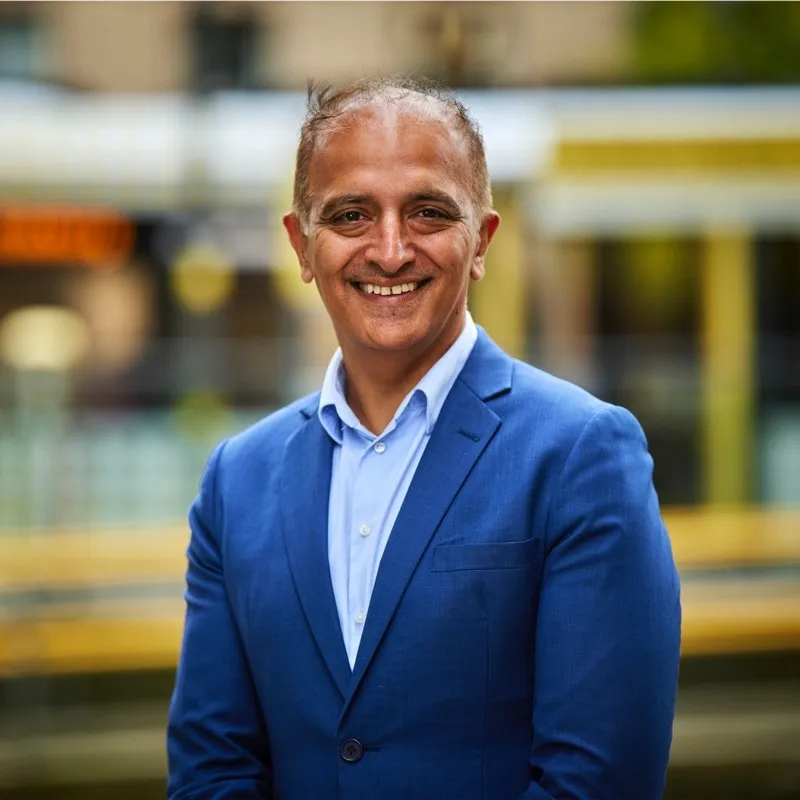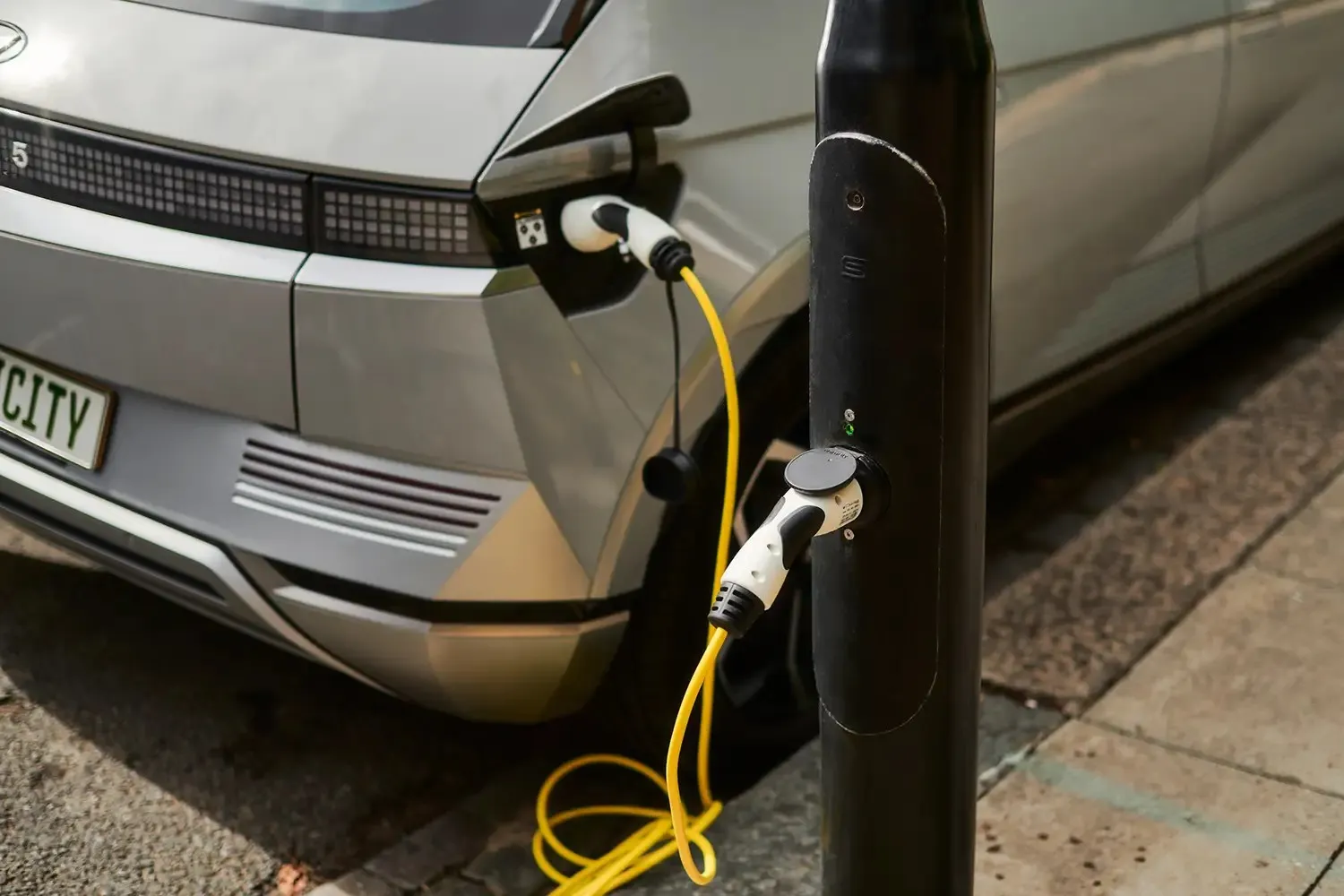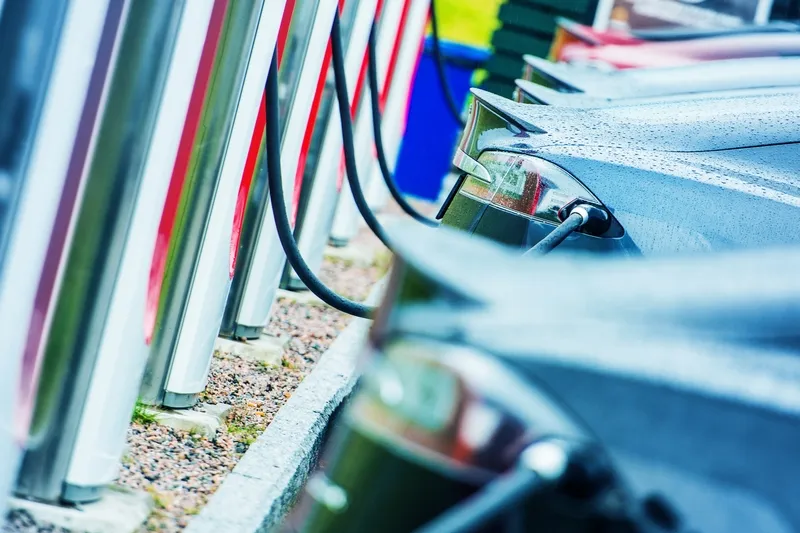
"This is the easiest and quickest way to accelerate the EV transition is to get companies and employees to switch to EVs en masse," said Ghafoor.
“The £2 billion investment into the EV sector manufacturing is also welcome. There’s no need to spend £200 million on charging – key charge point operators in the private sector have already committed £6bn to drive the sector forward. Anything which gives us more confidence to deliver this funding is welcome.”
“The only way to speed up the EV transition is to get people to feel good about EVs again. We don’t need money but the next thing the Government to do is to finally bring the 2035 ban back to 2030 as promised and get the transition going even faster.”
Richard Staveley, CEO of EO Charging, a company dedicated to making end-to-end fleet electrification accessible, said that the Government's inaugural budget presented a crucial opportunity to advance sustainability targets, and he made a call for strategic investment in electrification of fleets to achieve Net Zero
"The bar must be set high, as the UK’s Net Zero Mandate ranks among the world's most ambitious climate targets. This budget reveals a disappointing and concerning gap in the support needed to help businesses transition to electric vehicles (EVs).
"Access to EVs and reliable infrastructure remains a major barrier to adoption. With net-zero targets fast approaching, more support is needed to accelerate the transition to EVs. Commercial fleets are a crucial, yet often overlooked, part of this effort. Transport is responsible for almost a quarter of global emissions, and commercial fleets account for a large proportion of this.
"Transitioning to electric fleets requires significant investment and a comprehensive, business-wide transformation, making government funding essential to support the shift to EVs. Without direct support for electrification costs and the extension of initiatives like the Zero Emission Bus Regional Areas (ZEBRA) scheme—while avoiding cuts to other electrification programs—achieving Net Zero goals will be unattainable.
"Political leaders can, and must, commit to a robust funding strategy that transcends local politics, creating a stable environment for fleet operators to transition to EVs. Exploring alternative funding models—such as Scotland's direct-to-operator approach, which streamlines processes and empowers fleets to allocate resources effectively—could be a viable solution. Additionally, there is much to learn from China's EV mandate, despite its criticisms. Ultimately, the new government needs to develop and implement a strategy that addresses the challenges of EV adoption and commits to long-term funding to achieve the UK’s net-zero goals.”
David Hall, Vice President of Power Systems at Schneider Electric UK&I commented: “Welcome news in today’s budget on incentives to drive the uptake of electric vehicle (EV) use in the UK.
"EVs offer a viable path to a low-carbon future but we clearly need more incentives to encourage drivers to make the switch in the face of slowing sales.
"Government has a key role to play here - offering encouragement to change, and ensuring the infrastructure is there to support widescale use.”
Om Shankar, general manager & VP at EV charging provider Konect, was critical of the lack of action to boost EV charging infrastructure: "The government has previously stated its aim to accelerate the rollout of electric vehicle charging, but the budget falls woefully short in this area.
"We need a 500% increase in public EV chargers between now and the end of the decade to meet our stated goals and projected EV demand.
"Consultation is one thing, but sooner or later the government needs to show its hand. Some urgent action and lateral thinking on location of charge points and support for operators is needed."









